The Burden of Mental Health
How mental health affects our generation differently than our parents
Mental health has evolved and grown in prevalence with teens today
Click here to hear a podcast of this article
Hello, my name is Kelley Frithsen and I am reporting to you from the Triton Voice.
Growing up in a society where mental health is known about but is not accepted or talked about, is difficult. Many high school students struggle with mental issues but some parents do not understand the issues their child goes through.
Social Media has a big influence on many teens mental health. With many cases of FOMO (fear of missing out) like seeing their friends hanging out without them. Many teens become stressed and anxious by what they see on a screen. Adults can see how having social media platforms can impact a teens mental health.
Eric Faucher, a father of four and someone who has worked with teen youth groups in the past, sheds light on the effect on a teens mental health surrounding social media.
“The way our society is now and especially with social media and things like that makes it harder (on one’s mental health) because I think that when I was a kid and you were feeling lousy and you have no idea what everyone else is doing, you are like my life kind of stinks and I feel lousy but now its like I feel lousy and then you are looking at social media and everyone else is having the best life possible and they got everything they want and it’s like ugh and it pushes you down even further and I think it makes it more challenging right now rather than when I was a kid.”

Listen to a Podcast of this article by clicking the Image
Many parents/ adults have a different point of view on mental health due to the fact of being raised and having mental health handle differently when they were kids and not growing up with the same technology and emotional awareness. Many teens feel that they can’t talk with their parents about what they go through on a day to day basis because of the different perspectives their parents grew up with surrounding mental health.
Senior Allie Hawkes when asked if her parents really understood how anxiety or depression made her feel and how her parents reacted to her saying she had a disorder said “Absolutely not. Um, like I know that they were once teenagers in high school too but the world has changed and everything is a lot different. We are affected a lot differently than they were. For a couple of years I talked to my mom about wanting to go see a therapist because I noticed I had a lot of symptoms of OCD and it was getting pretty bad and it took her a couple of years but she finally took me to a therapist and I did have OCD, they diagnosed me and they put me through treatment for it. She didn’t really believe me then.”
Parents not believing their kids when they tell them about a mental disorder that they have can be burdensome. Not only does it make teens feel alone but also like their issues may be fake or their just over reacting.
Senior Lydia Crowley speaks about her parents not really getting her situation and feeling alone. “My dad is very black and white and thinks everyone has anxiety and everyone deals with it but he doesn’t understand certain people deal with it more to an extreme extent and he doesn’t understand that, but my mom and she understands it more because she has been through a ton of stuff and she just understands it better. My dad was taken aback, well both of them were (when she told them she had a disorder.) I had kept this under the table for more than five years and there was just so much going on in my life that I lost touch with them and I didn’t have anyone any more and so they both weren’t there and I had no one and then they were just taken aback by that. They were upset about it because they had no idea that I had it.”
One in five teens have a mental health disorder. Meaning that many students at Triton suffer daily with a disorder that their peers might not even know they have.
Joseph Celia, the adjustment counselor at Triton, explains the step he takes with the students at Triton who approach him about their mental health issues. “Listen. First step. I think it’s the most important part of the process is making sure you are listening so you can hear what’s going on. And then I have to determine or I try to determine with the help of my colleagues to find out if it is something we will be dealing with in school or if it’s significant enough where I think they are going to need a professional outside of school, in which case I will then refer them to whoever I think would best serve their needs. (Mental Health Issues) I think it has a significant impact on their academic performance. Coming back to this job after 20 years of being away from the mental health industry in a school setting, there a significant mental health issues that are making it really hard for students to focus on school.”
Although teens feel alone and isolated with their mental health disorders there is always someone/ something out there to help them. If you know someone struggling with a mental health issue have them call the National Suicide Prevention line (1-800-273-8255) to help them with their disorder.
This was Kelley Frithsen Reporting from Triton Voice. Thank you for listening!
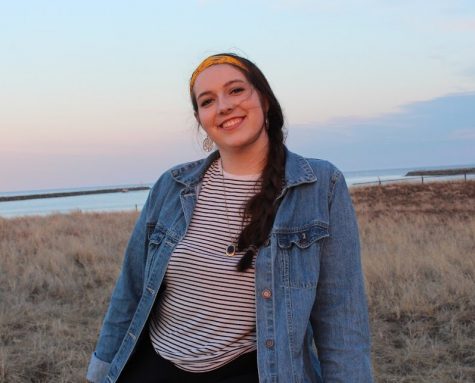
Hello, my name is Kelley Frithsen and I am a senior staff writer for Triton Voice. I live in Rowley Massachusetts. In my free time I like to be outdoors,...


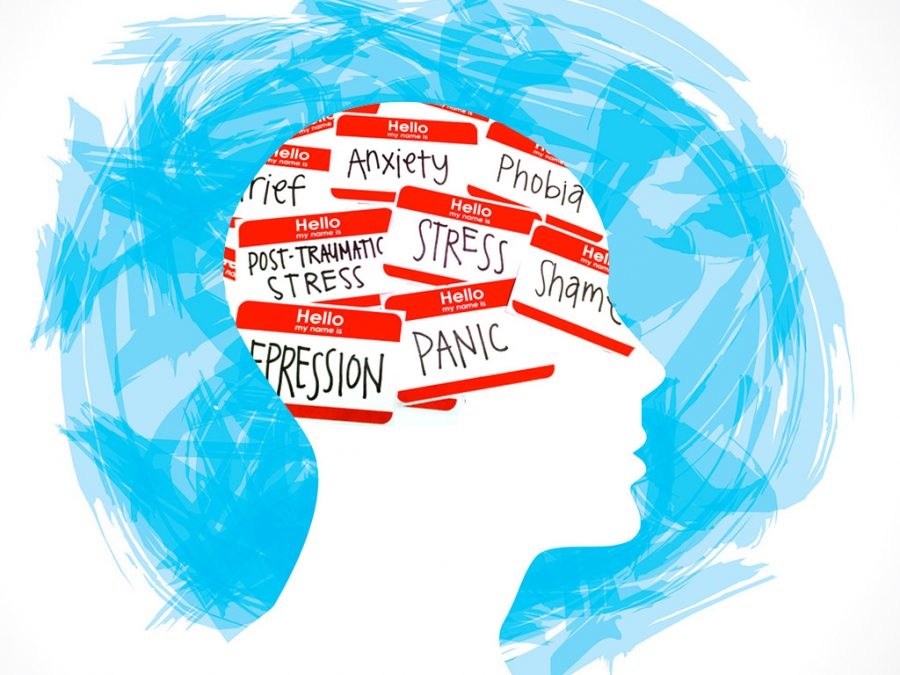

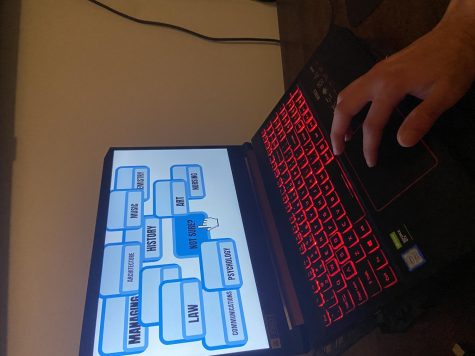


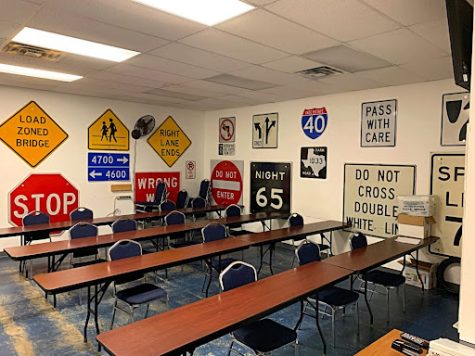
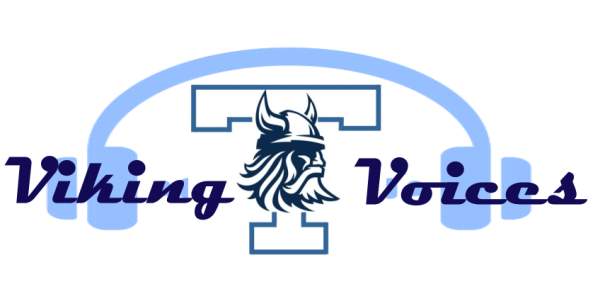



Martha Tatro • Jan 31, 2019 at 7:33 pm
Kelly, this is a great article! As a high school guidance counselor somewhere else I spend a lot of time helping students who have a variety of mental health issues. If you’d like a follow up story on what’s ahead in schools, I can have you speak with my boss as he’s been instrumental in starting the Massachusetts School Mental Health Consortium. We are committed to improving the mental health services and supports available to students in schools across the Commonwealth. Let me know because I know Triton has become a part of this! Keep up the great work!